Daniel Aharoni is assistant professor of neurology at the University of California, Los Angeles (UCLA). He received his Ph.D. in physics from UCLA, where he worked in high- and low-energy particle physics before shifting his focus to neurophysics. Aharoni stayed at UCLA for a postdoctoral fellowship under Baljit Khakh, Alcino Silva and Peyman Golshani, spearheading the technical development of the open-source UCLA Miniscope Project. Aharoni’s lab integrates engineering, neuroscience and physics to create innovative tools that address complex challenges in neuroscience. His research aims to enhance our understanding of neural circuits, advance tool design for neuroscience, and ensure equitable access to pioneering technologies.
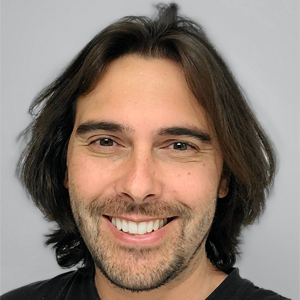
Daniel Aharoni
Assistant professor of neurology
University of California, Los Angeles
From this contributor
Designing an open-source microscope
Funding for the development of open-source tools is on the rise, but support for their maintenance and dissemination, both crucial for their meaningful uptake, remains a major challenge.
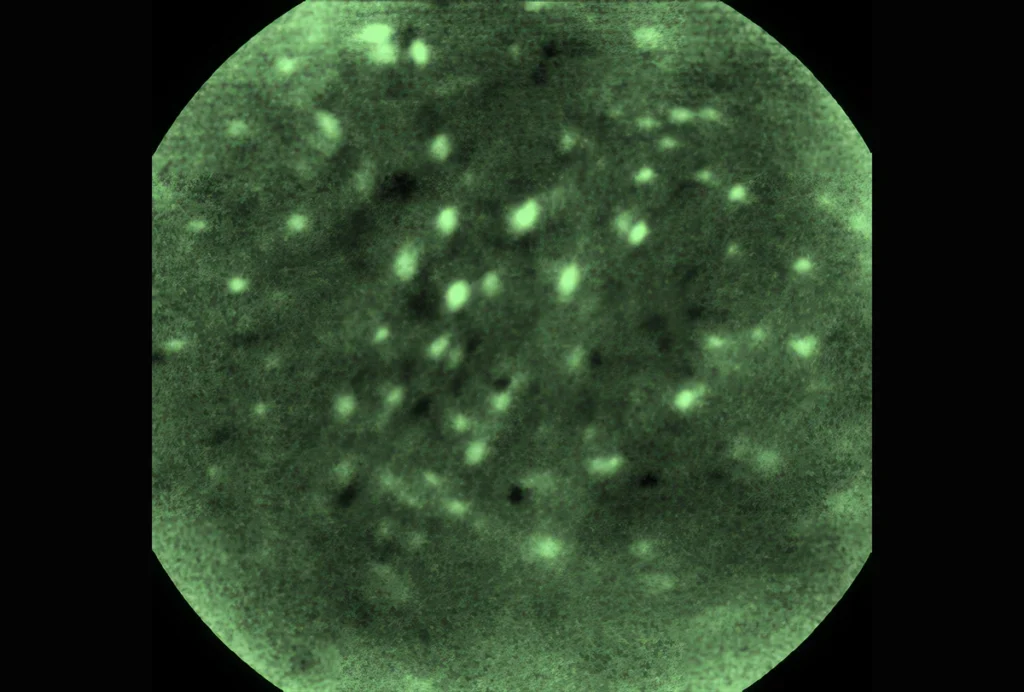
Designing an open-source microscope
Explore more from The Transmitter
Astrocytes sense neuromodulators to orchestrate neuronal activity and shape behavior
Astrocytes serve as crucial mediators of neuromodulatory processes previously attributed to direct communication between neurons, four new studies show.
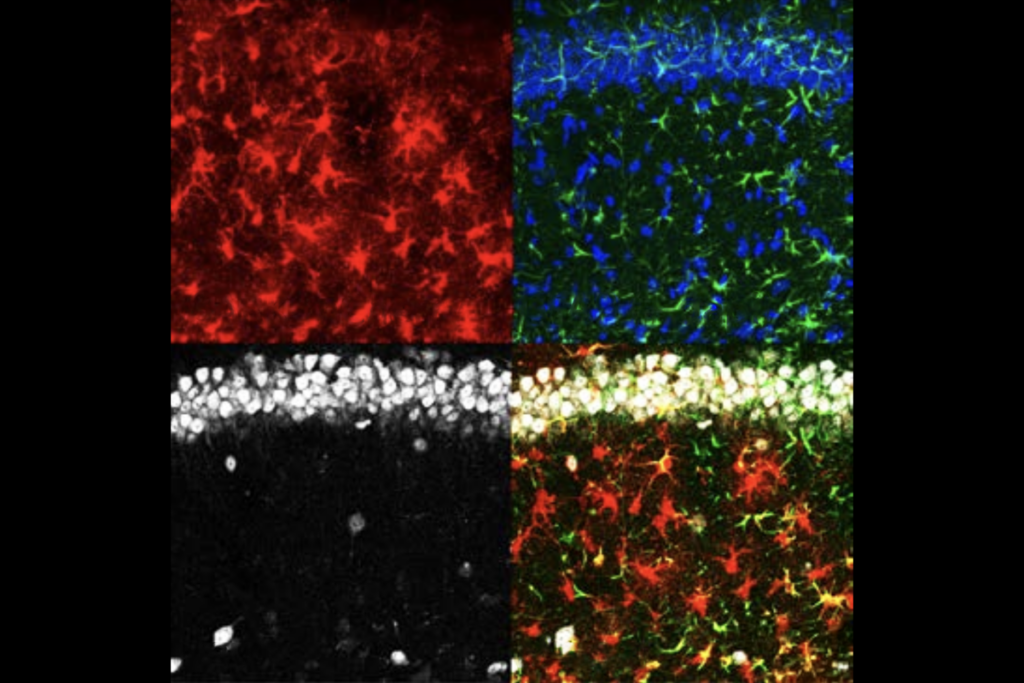
Astrocytes sense neuromodulators to orchestrate neuronal activity and shape behavior
Astrocytes serve as crucial mediators of neuromodulatory processes previously attributed to direct communication between neurons, four new studies show.
Authors correct image errors in Neuron paper that challenged microglia-to-neuron conversion
The issue with the supplementary figures likely does not change the conclusions of the paper, according to an outside expert.
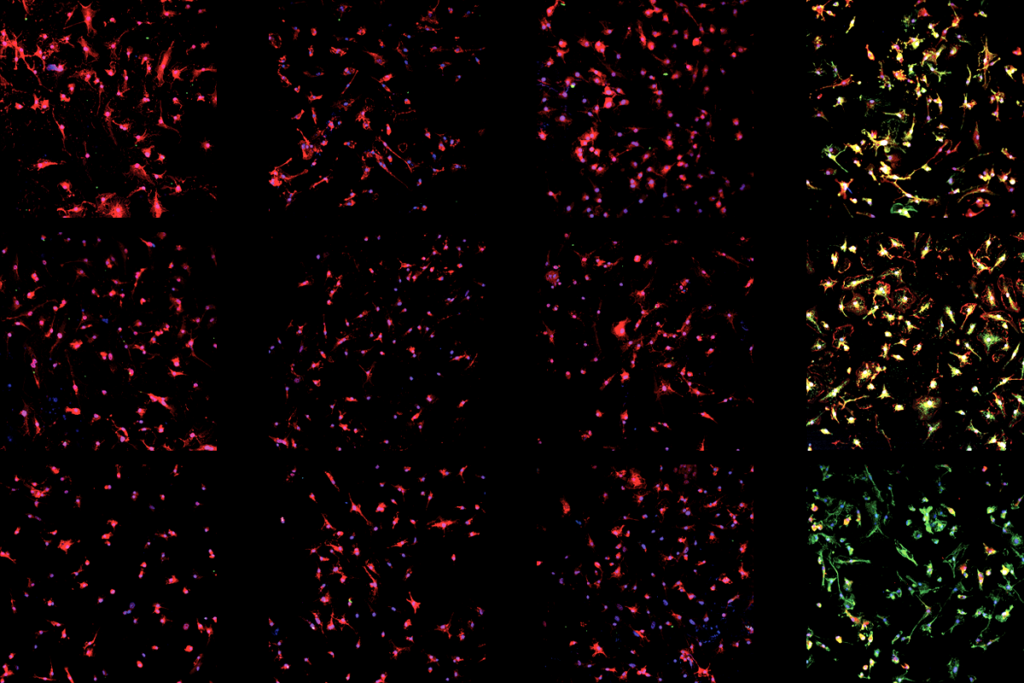
Authors correct image errors in Neuron paper that challenged microglia-to-neuron conversion
The issue with the supplementary figures likely does not change the conclusions of the paper, according to an outside expert.
Building a climate neuroscience subfield: Q&A with Angie Michaiel
Michaiel, a program officer at the Kavli Foundation, shares what it took to cultivate research on the relationship between climate change and the nervous system.
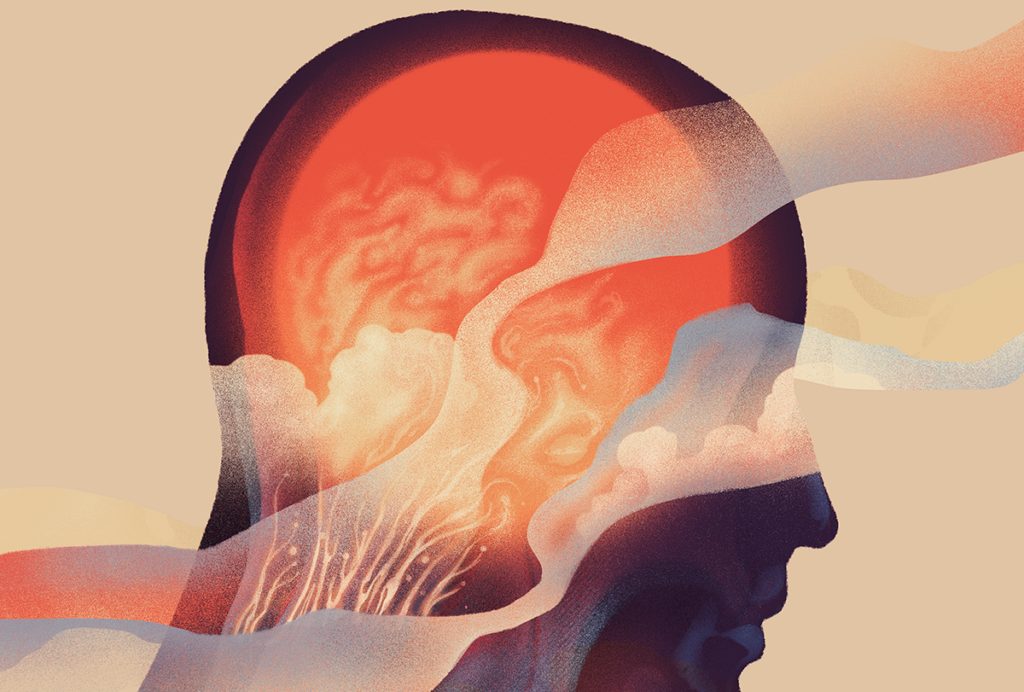
Building a climate neuroscience subfield: Q&A with Angie Michaiel
Michaiel, a program officer at the Kavli Foundation, shares what it took to cultivate research on the relationship between climate change and the nervous system.